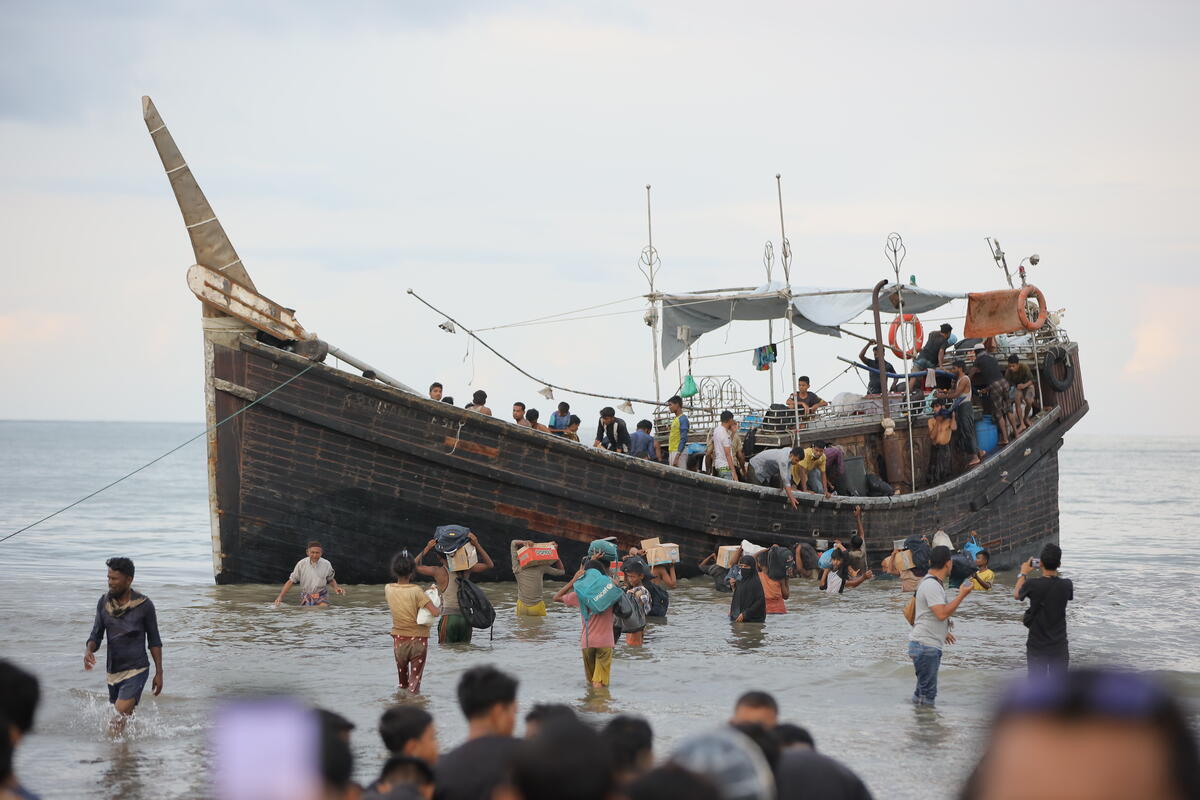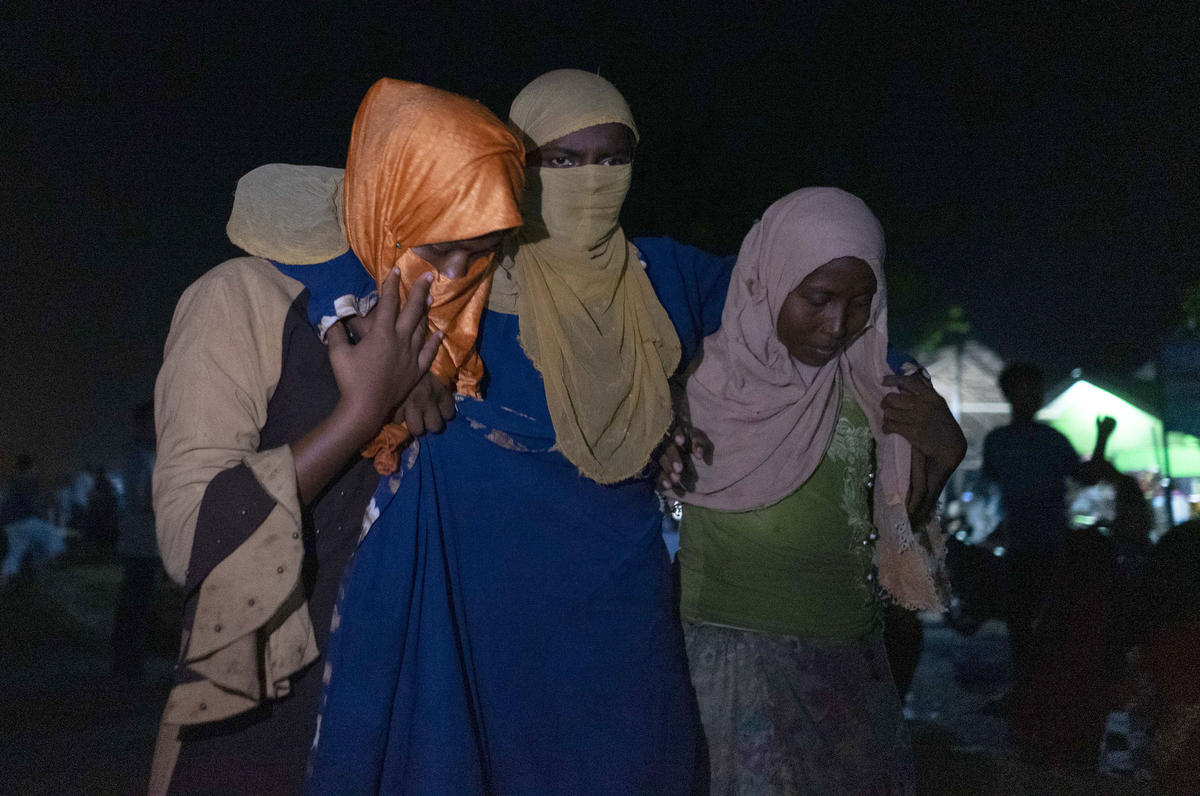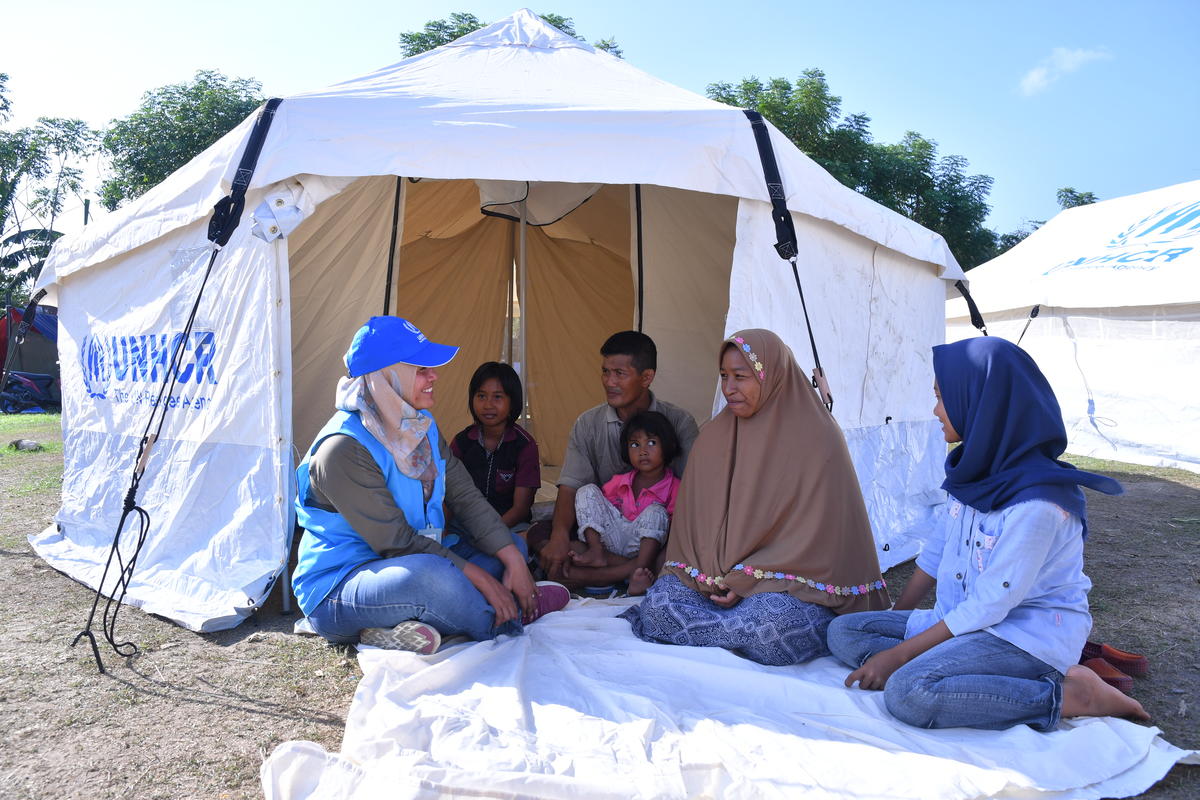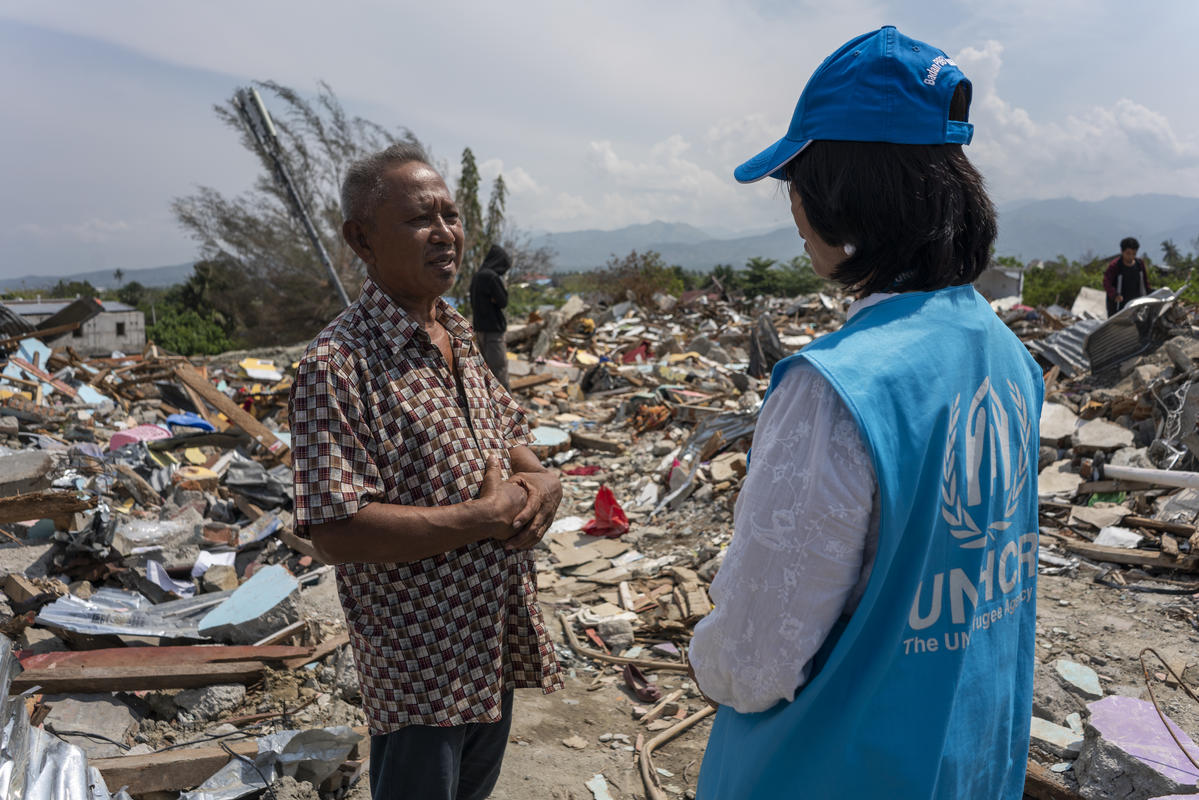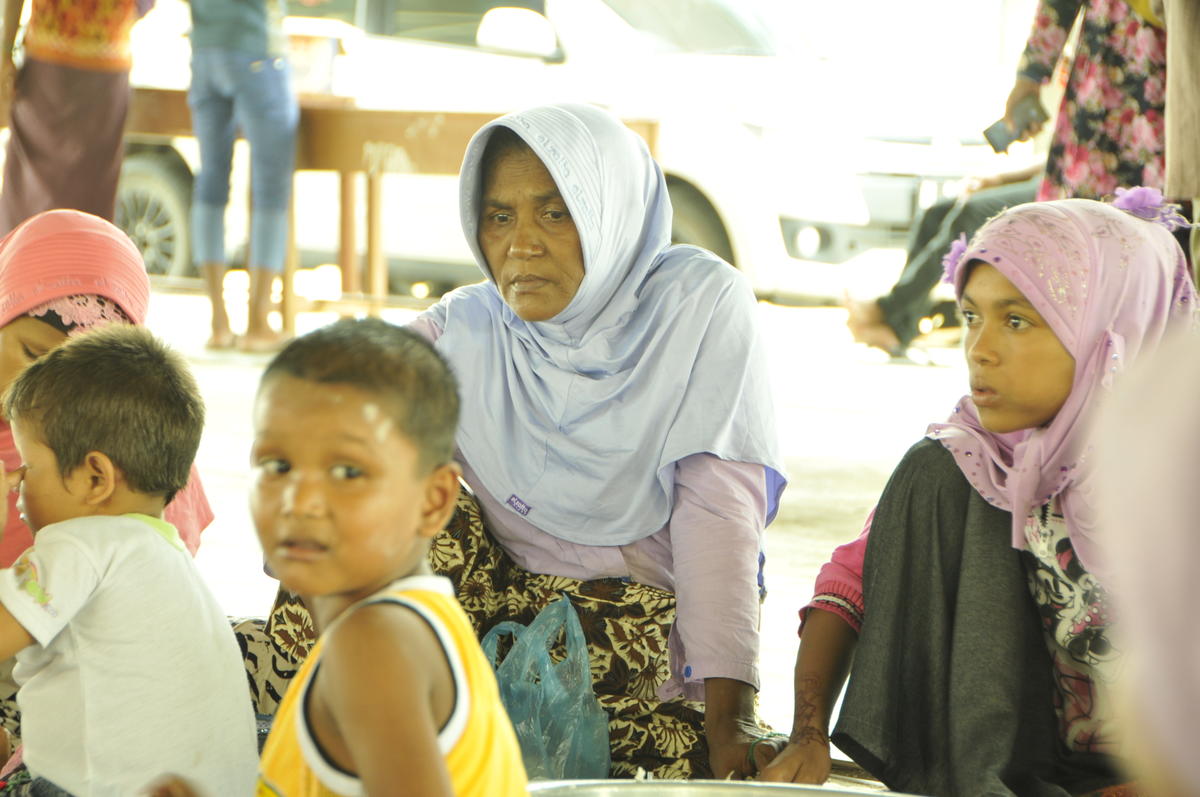Timor Emergency Update
Timor Emergency Update
Indonesian Plans
Under international pressure to crack down on pro-Indonesian militias, the Jakarta government has proposed the immediate dismantling of camps for East Timorese refugees in West Timor and the local resettlement of those who do not wish to go back.
Since the gunslaying of a New Zealand soldier serving with the UN peacekeeping force in East Timor on July 24, Indonesia has come under sharp criticism for doing little to control activities of former East Timorese militias. The militias, allegedly operating out of West Timor, were blamed for the murder of the soldier - the first since the deployment of the peacekeepers in East Timor in the violent aftermath of the Aug. 30, 1999, vote for independence.
In a series of meetings in Jakarta, the West Timor province capital of Kupang and in Geneva, Indonesian officials revealed broad plans for the immediate closure of the camps in West Timor and the opening of "transit centres" in East Timor.
Refugees who elect to repatriate will be taken to the transit centres along the border. UNHCR expects that they will then be transported to their final destinations in East Timor.
Indonesian officials believe that up to 60 percent of the East Timorese in Indonesia - estimated at between 80,000 and 125,000 - want to return to East Timor. Following a screening, those who do not wish to go back will be resettled locally, away from the border. Officials indicated the Indonesian army may be enlisted to carry out the programme, but no timetables were given.
UNHCR Reaction
UNHCR has welcomed the Indonesian plans and is discussing these with the UN Transitional Administration in East Timor (UNTAET), various UN agencies and international organizations. UNHCR hopes that the plans will be implemented in an orderly fashion and that the refugees will be able to decide freely and openly.
Nearly 170,000 East Timorese have returned to East Timor since UNHCR began a repatriation programme on Oct. 8. However, an upsurge of incidents of harassment and intimidation of aid workers and refugees has prompted the repatriation to ground to a halt in recent weeks.
Since UNHCR went to West Timor last September to establish a presence 103 security incidents have been recorded. Last month, a series of attacks against relief workers and refugees prompted UNHCR to call off a programme to register refugees and led to the closure of a field office along the border. The last overland convoy took 313 returnees to East Timor on July 27. However, refugees continue to trickle to UNHCR's offices, seeking assistance to return. Nearly 100 refugees are waiting in Kupang for a boat that will take them next week to Dili in East Timor.
Timetables
In Jakarta last month, François Fouinat, UNHCR's Geneva-based director of the Asia and Pacific Bureau, urged officials to comply with an agreement signed last Oct. 14 in which Indonesia undertook to allow UNHCR full access to the camps and ensure freedom of choice for the refugees.
Fouinat said continuation of UNHCR's programmes in West Timor will depend on Indonesia's fulfilment of its commitments to provide security for aid workers and refugees, arrest trouble-makers, allow unimpeded access to the camps, implement a credible registration and separate ex-militias, soldiers and police from refugees.
UNHCR wants the completion of its repatriation programme to coincide with the UNTAET's plans for general elections in East Timor expected in mid-2001. The approaching rainy season in November is another pressing factor.
Fouinat stressed that unless the situation improves by October, UNHCR would be forced to reassess its activities in West Timor. While saying that this is not an ultimatum, he said it would give UNHCR definite benchmarks in making a decision on the future of its programme.


